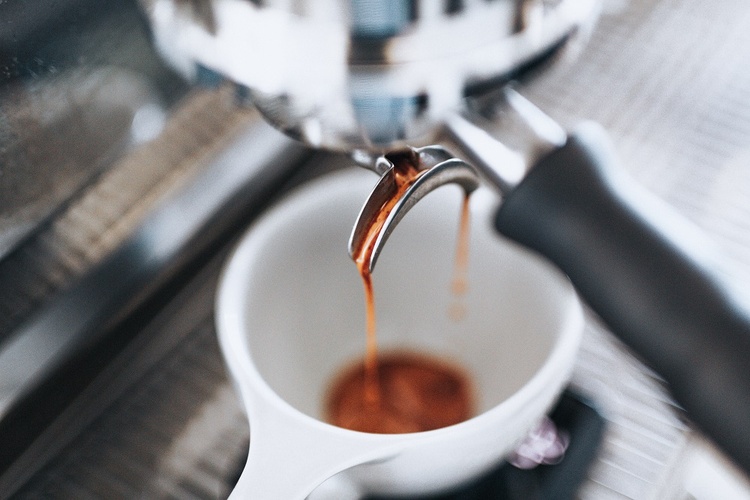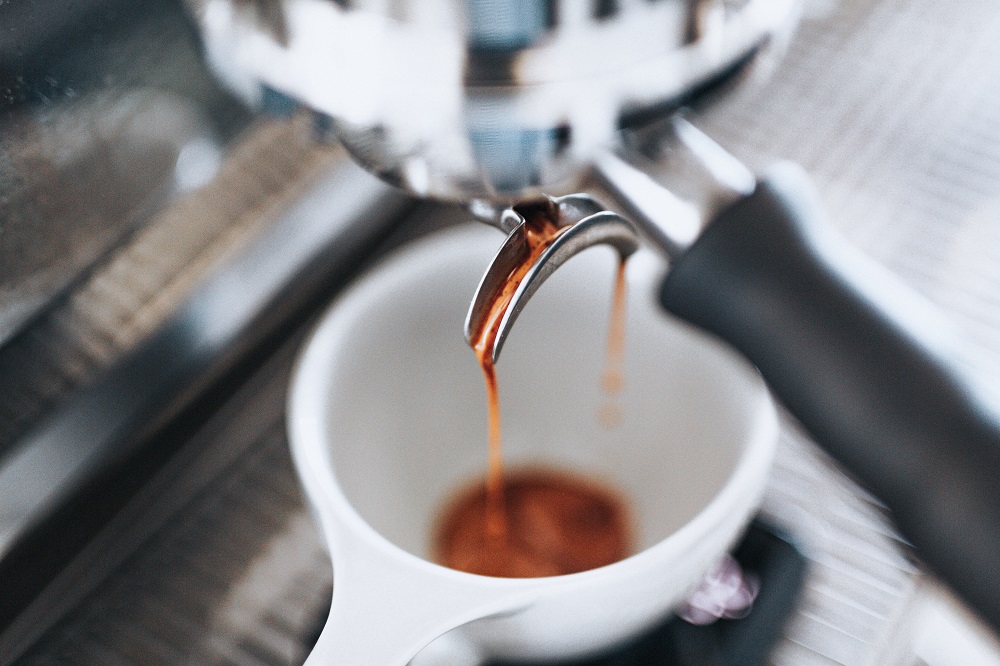It follows the art of the Neapolitan pizza-maker being added to the UN agency’s list of the world’s intangible heritage in 2017 as Italy aims to secure the worldwide status for another of its successful symbols.
“In Italy coffee is much more than a simple drink,” Centinaio said.
“It is a genuine ritual, an integral part of our national identity and an expression of our sociality that distinguishes us in the world.”
Espresso quickly became an integral part of the national identity after its creation in Turin at the end of the 19th century.
According to the Italian Espresso Institute, founded in 1998 with the specific goal of safeguarding and promoting the original espresso, the market is worth more than €4 billion annually, with more than 90 per cent of Italians drinking a cup of it each day, usually served in a porcelain cup.
The institute’s strict regulations for the perfect espresso include the use of a certified coffee blend, certified equipment and even licensed personnel.
It specifies that the crema, the lighter froth that sits on the top of the dark caffeinated brew, “must be uniform and persistent for at least 120 seconds from the time the coffee has been dispensed without stirring”.
It says its colour should be “hazel-brown to dark brown [and] characterised by tawny reflexes”.
Centinaio said espresso’s candidacy is “all the more important” in the context of COVID-19 restrictions that have hampered social interaction, much of which took place at the bar “in front of a good Italian coffee”.
The agriculture undersecretary said he was confident Italy’s national UNESCO commission would approve the bid, with the verdict expected by the end of March.











